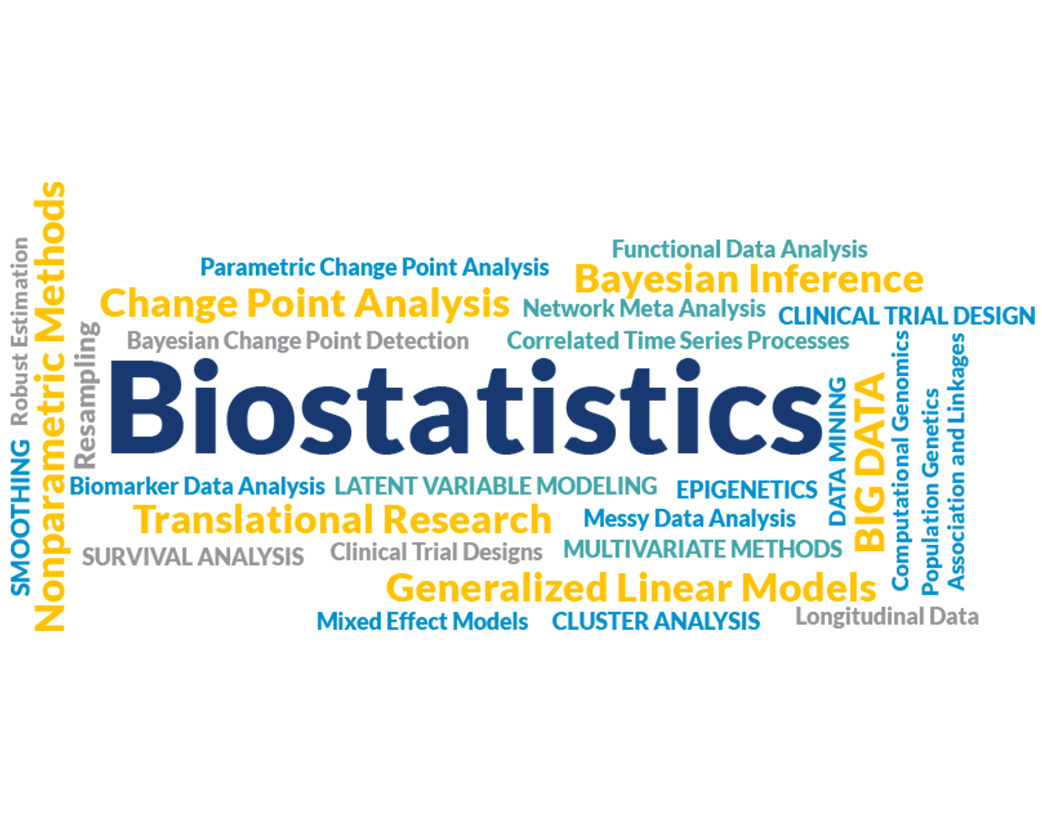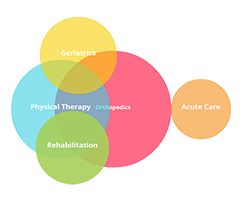Degree Options

The Master of Public Policy program requires the completion of 40 credit hours. The curriculum is divided into core and elective courses with core courses seeking to build a strong foundation in analysis and management. Core courses consist of three components (policy process and institutions, economics, and quantitative analysis). Through these courses you will learn to tackle complex public policy problems by asking substantive questions, exploring alternatives, and assessing the capacity of organizations to implement solutions. Our program is designed to equip you with the conceptual framework and skills needed to be successful in the public sector.
The MPP is a professional, non-thesis degree. Instead, students complete an Applied Policy Project.
With the approval of the MPP Program Manager, you can pursue an existing certificate to fulfill the emphasis. The types of certificates available are below.

Public Policy Certificate
The Graduate Certificate in Public Policy will provide a standalone professional credential for career development, area specialty competence, and profile building for current graduate students and working professionals.
Participants will be trained to better understand the policy process so they can research, analyze, and inform public policy decisions. The certificate can be completed online and consists of 5 courses – 4 core and 1 policy elective.
Click here to learn more about this Graduate Certificate.
Required Courses

Urban Planning Certificate
This certificate offers students and professionals critical urban planning strategies in order to better engage contemporary planning challenges. This five-course certificate is particularly well suited for architects, business managers, economists, public agency managers, non-profit professionals, sociologists, social workers, or students from related disciplines who wish to work in these fields.

MIAGE Certificate
The goal of the Master of International Affairs & Global Enterprise certificate is to train students on how multinational organizations function in the global market.
Students working towards the IAGE certificate will have the opportunity to choose from courses in economics, law, research methods, international management, and cultural competency. A certificate in IAGE will enable students to stand out as they seek jobs in international business, international law, international policy, or international social sciences.

Ed. Psychology Certificate
Educational Psychology's certificate of statistics equips students with the skills needed to conduct quantitative analysis in fields of education or mental health.
Students working towards this certificate will gain training in advanced research, multivariate statistics, psychometric theory, and analyzing programs within education and mental health. Educational Psychology's certificate of statistics provides students an edge in a competitive field.

Sustainability Certificate
This certificate is a collaborative, interdisciplinary program grounding students in science, society, and policy to effectively address global change and sustainability challenges.
This transdisciplinary literacy will enhance graduate education without compromising disciplinary expertise. Students will be provided opportunities to develop their capacities as transformational change agents within their communities and institutions.

Gender Studies Certificate
Gender Studies is an interdisciplinary field focusing on interactions of gender, class, sexual orientation, and nationality.
This certificate will deepen your research skills, strengthen your teaching, and help you think about your research and pedagogy in an interdisciplinary context that gives you an advantage in the job market. Students graduating with this certificate will be able to apply their knowledge and skills in areas including human services, law, social work, non-profit organizations, private business, arts, health professions, and education.

Data Science Certificate
Data is impacting many areas of science, engineering, and industry; from analyzing troves of weather data to modeling traffic patterns to processing millions of online customers, it is the enormous data which is creating new opportunities and challenges. To tackle these challenges, one must have the training to store, manage, process and analyze data at these scales. But the challenges are beyond scale alone, the complexity of the data requires new powerful analytical techniques. Finally, it is crucial to have skills in communicating and interpreting the results of this analysis. A person trained in all of these skills is a data scientist.
Global Health Certificate
The Global Health Certificate prepares students to collaborate with health professionals worldwide to address emerging global health issues. It equips them to tackle health issues at home that have their origin from other countries and ensure that our population is protected with good health. Additionally, the certificate offers the opportunity to learn from health professionals across the world.

Public Health Statistics Certificate
The Public Health Statistics Certificate prepares students with the critical statistical and quantitative skills highly valued by employers in the field of public health. It equips students with the necessary tools in statistics and data science to tackle complex health issues, ensuring they are well-positioned to contribute to addressing both domestic and global health challenges.

Economics Certificate in Statistics
Earning a certificate of statistics in Economics will make you highly competititve in today's job market. Through this certificate you will gain an understanding of econometrics (using statistics to describe economic systems in today's society).
A certificate in econometrics will prepare students to work in careers like fiscal analysts, credit analysts, economic consultants, market research analysts, and policy analysts with an emphasis in economics.
Demography Certificate
Demography is the statistical study of populations. Demographers study the size, structure, and distribution of populations as well as spatial and/or temporal changes in them.
Demographic analysis can be applied to entire societies or groups defined by criteria such as nationality, religion, and ethnicity. Demographic research affects the central aspects of society such as housing, education, health care, and business.
Click here to learn more about this Graduate Certificate.
Degree Planning Tool
Disability Studies Certificate
Disability Studies teaches about disability, not as an individual deficit, but as a physical and social barrier constraining people.
Students graduating with the certificate will be able to apply their knowledge and skills in multiple roles such as manager, co-worker, teacher, lawyer, business owner, service provider, community member, and neighbor.
**The disability studies department is currently not offering this certificate. They are hoping to offer it in the near future.

MPP/JD
University of Utah's joint Master of Public Policy/Juris Doctor degree combines training in public policy with legal training obtained through S.J. Quinney's College of Law. Students who pursue this degree will benefit from an education that teaches policy content, such as statistics and economics, as well as concepts regarding law and legal institutions.
The MPP/JD program recognizes the increasing need for leaders possessing skills related to both policy and law. While pursuing this joint degree you will receive individual attention which will help you achieve your professional goals. Both programs are small, enabling you to study issues you care about in real world settings.
Students can earn an MPP/JD degree in a four-year period. Those considering a career in policymaking fields requiring legal and policy analysis are encouraged to apply.
Learn More

MPP/MPH
The Public Policy and Public Health (MPP/MPH) dual degree program is designed for students seeking to advance their training in the quantitative and qualitative methods of policy analysis as well as expand their knowledge of public health issues and health policies.
Health issues are an area of priority within the public arena. One of the primary ways health issues are dealt with is through public policy. Students who pursue a joint MPP/MPH degree will acquire the skills needed to conduct effective health policy analysis, understand organizational processes within the health domain, develop policy-based approaches to important issues of public health, and translate complex health policies for a lay audience.
Through this joint degree program, graduates will gain the education needed to be effective in professional roles involving health policy development, administration, and evaluation.
Learn More

MPP/PHS
The Master of Public Policy and PhD in Population Health Sciences is a dual degree providing students with the knowledge and skills needed to impact change in health care systems. These two programs employ an interdisciplinary approach to students as they are taught how policy decisions relate to individual patients.
By making informed policy decisions, health care disparities and diverse perspectives are brought to the forefront. This exciting program creates an educational path preparing students to investigate, analyze and inform public policy in the context of health care delivery systems.
Learn More
MPP/CMP
The Master of Public Policy and Master of City and Metropolitan Planning provides the best of both degrees and takes advantage of cross-disciplinary synergy. The dual degree is ideal for students interested in understanding the role public policy plays in transportation, urban design, city planning, and ecological planning.
Our partnership with the College of Architecture provides public policy students with the knowledge needed to guide growth in towns, cities, and regions and provides excellent preparation for leadership careers in the public sector.
Student enrolling in the dual degree will save 27 credits over pursuing the two degrees sequentially. Both degrees can be earned within five semesters.
Learn More
 BA/BS/MPP
BA/BS/MPP
The Combined BA/BS and MPP degree provides students with an opportunity to earn a Bachelor of Arts/Science in Economics or Political Science as well as a Master of Public Policy in five years rather than six years.
What are the advantages of a Combined BA or BS and MPP degree?
The purpose of the BA/BS and MPP combined degree is to enhance your knowledge of economics and/or political science with valuable training in public policy. It allows you to earn a Bachelor's and Master's degree in about five years, compared to the six or more years it would take if done separately.




